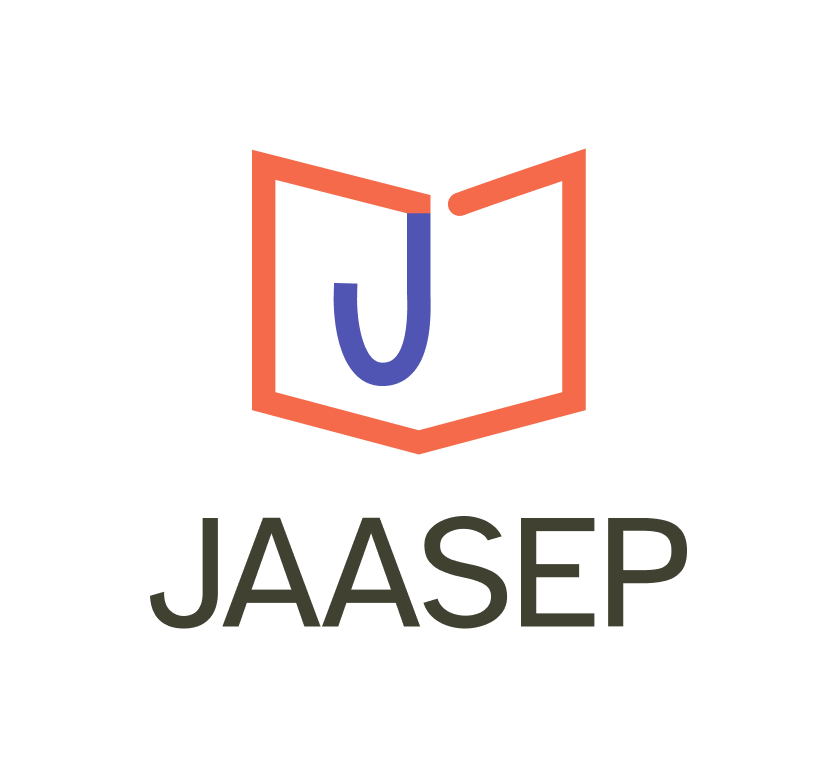Starting from:
$5.95
Experiences of Special Educators Creating Opportunities for Students to Practice Self-Determination
Abstract
Self-determination skills are a potential predictor of post-school success for individuals with disabilities. This study examined the perspectives of special educators of students in preschool through age 22 in one school district who participated in multiple professional development and coaching sessions on self-determination including the Self-Determined Learning Model of Instruction (SDLMI) and student involvement in the IEP process over a two-year period. Data were collected through interviews with eight special educators. Four major themes emerged from the data: personal knowledge of self-determination, educator perspectives on their roles in creating opportunities, strategies for developing self-determination, and parent involvement. Findings suggest that a primary perceived challenge in creating opportunities for students is a misalignment between teacher and parent understanding of self-determination and related goals. Implications for practice and future research are discussed.
Keywords: disability, self-determination, self-determined learning, self-directed learning, post-school outcomes, professional development
Self-determination skills are a potential predictor of post-school success for individuals with disabilities. This study examined the perspectives of special educators of students in preschool through age 22 in one school district who participated in multiple professional development and coaching sessions on self-determination including the Self-Determined Learning Model of Instruction (SDLMI) and student involvement in the IEP process over a two-year period. Data were collected through interviews with eight special educators. Four major themes emerged from the data: personal knowledge of self-determination, educator perspectives on their roles in creating opportunities, strategies for developing self-determination, and parent involvement. Findings suggest that a primary perceived challenge in creating opportunities for students is a misalignment between teacher and parent understanding of self-determination and related goals. Implications for practice and future research are discussed.
Keywords: disability, self-determination, self-determined learning, self-directed learning, post-school outcomes, professional development
1 file (533.3KB)



